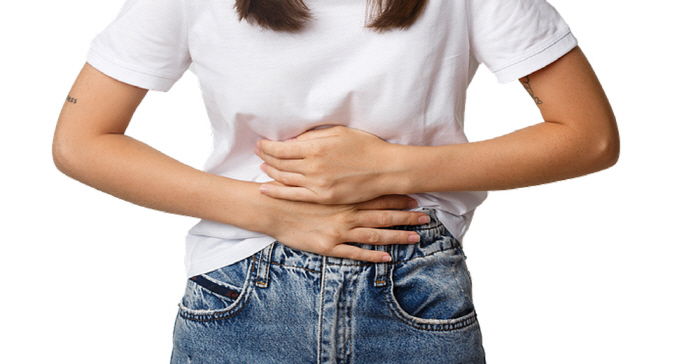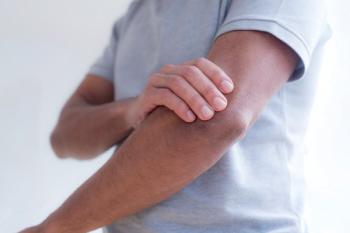Extreme pain and frequent urination, I thought it was simple cystitis...
Jul 31, 2025
|
Recently, however, he visited the urology department as he suffered severe pain due to extreme pain in his daily life, and after a detailed examination, he was diagnosed with Interstitial Cystitis (IC) rather than the existing acute bacterial cystitis.
In general, 'cystitis' reminds us of acute bacterial cystitis caused by bacterial infections such as E. coli. This causes inflammation of the bladder by bacteria invading through the urethra, causing symptoms such as pain, frequent urination, lower abdominal discomfort, and hematuria during urination, and is diagnosed through urine test and urine culture test, and most of them are improved with antibiotic treatment.
On the other hand, interstitial cystitis is not a bacterial infection, but a disease that causes chronic pain and urination disorders due to a combination of dysfunction of the bladder mucosa, nervousness, and immunological factors.
The bladder surface is protected by a GAG layer (glycosaminoglycan layer) that prevents microorganisms or irritants in urine from penetrating into the bladder wall, and patients with interstitial cystitis are weakened or damaged, causing inflammation and pain as the irritant penetrates the bladder tissue.
The typical characteristic of interstitial cystitis is that the pain becomes worse as the bladder cools, and the pain is temporarily relieved after urination. Pain can be felt in the upper, lower abdomen, perineum, vagina, etc., and symptoms such as frequent urination, urgent urination, and dyspareunia during the day and night may be accompanied.
Diagnosis of interstitial cystitis is difficult only by simple symptom observation. A diagnostic process is needed to exclude other diseases such as bacterial cystitis, urinary stones, and irritable bladder and includes urine test, urine culture, blood test, pelvic CT, bladder ultrasound, and prostate test in men.
Through bladder endoscopy, a Hunter's ulcer in the form of an ulcer in the bladder mucosa or a globular lesion in which mucosal bleeding in the bladder appears in a net shape can be observed, and these findings are important reference materials for diagnosing interstitial cystitis.
Treatment of interstitial cystitis focuses on symptom relief and quality of life improvement. Bladder training increases bladder volume to increase urination intervals, avoid foods that can irritate the bladder, such as caffeine, alcohol, and chocolate, and depending on the patient's condition, medication for bladder mucosal protection and pain relief can be combined.
Pelvic floor muscle strengthening exercises (Kegel exercises), light yoga and stretching are effective in improving bladder function and relieving stress, and it is recommended to avoid exercises that shock the pelvis, such as running.
Seo Young-eun, chief of the Urology Department at Daedong Hospital, said "The urinary disorder seems to be a simple discomfort, but it may signal an abnormality in the body."In particular, chronic diseases such as interstitial cystitis gradually progress and appear in various forms, so accurate diagnosis and systematic treatment plans by a urologist are essential rather than self-diagnosis or arbitrary use of drugs. "
"If you are active in the early stages, it will be of great help in preventing worsening symptoms and restoring the function of daily life."," he added.
▲If urination is difficult ▲If urination is difficult to control, ▲If urination is obstructed to sleep due to night urination, ▲ Hematuria ▲ Lower abdominal pain ▲ urination pain, etc. If urination disorders appear enough to affect daily life, be sure to visit the urology department for diagnosis.
|
This article was translated by Naver AI translator.















